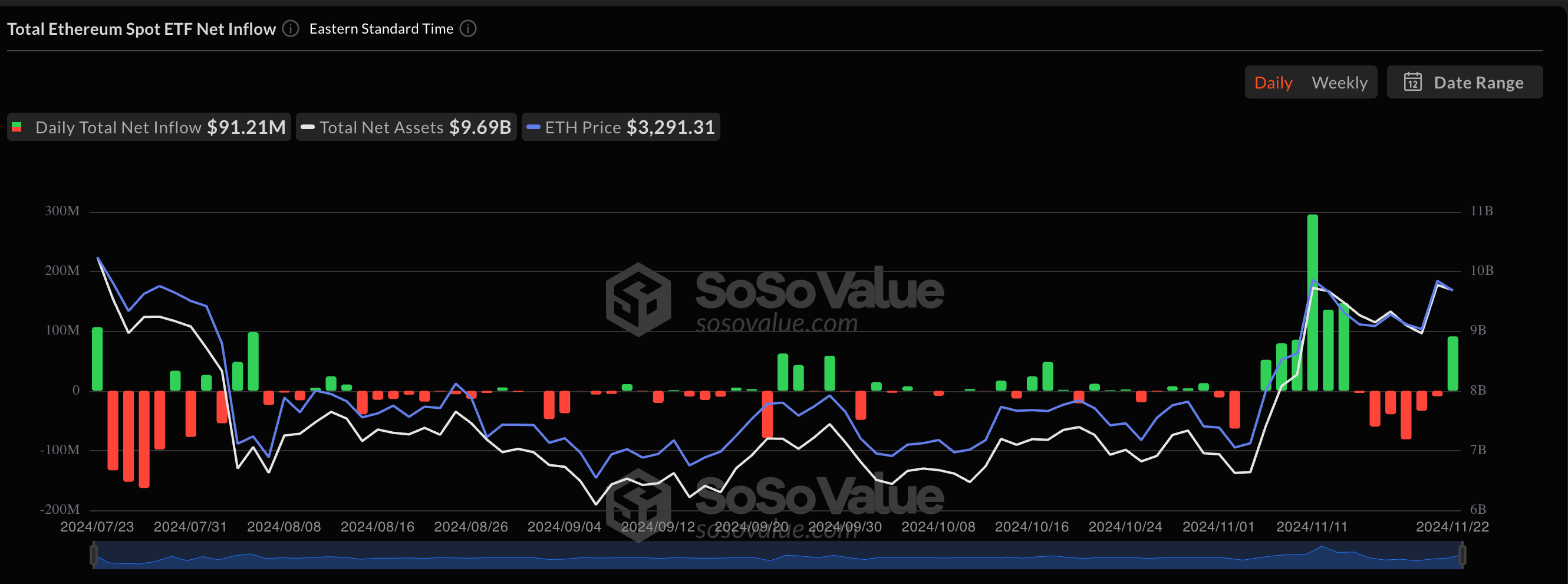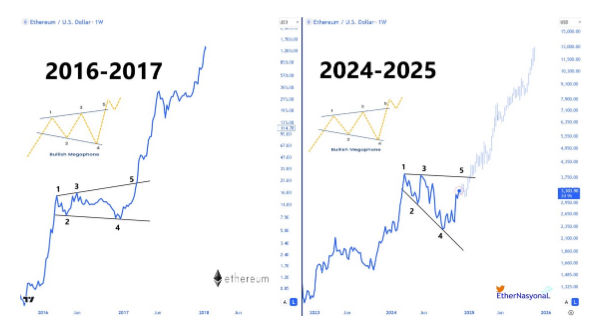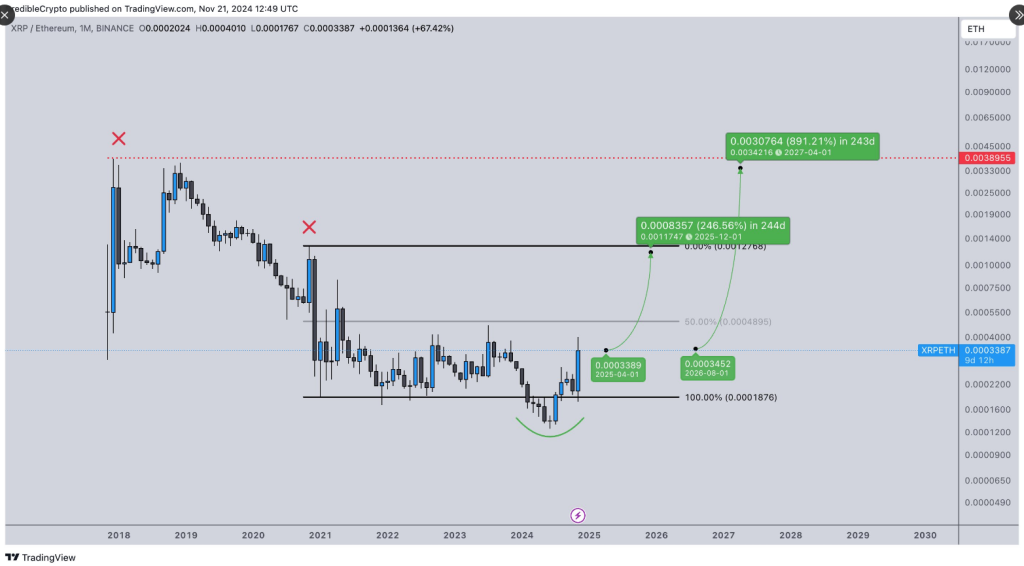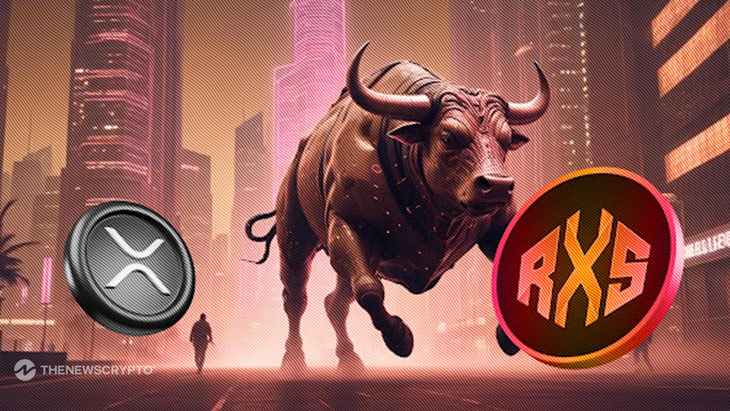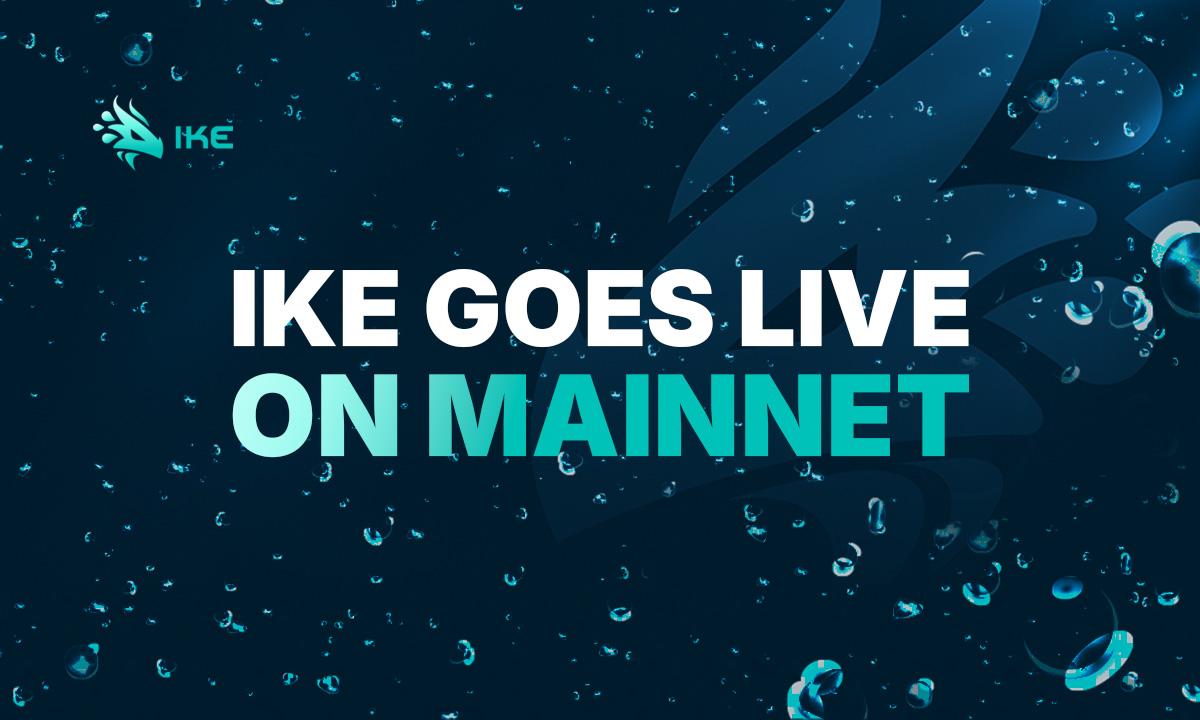

- ERC-20 tokens provide a standardized framework for creating and implementing smart contracts on Ethereum.
- ERC-20 tokens inherit the security features of the Ethereum blockchain, ensuring immutability.
ERC20 tokens are a standardized framework for creating and implementing smart contracts on the Ethereum blockchain. These tokens, exclusive to Ethereum, embody a set of guidelines that cryptocurrencies can adhere to, facilitating seamless interaction within the Ethereum ecosystem.
The principal objective of ERC20 tokens revolves around their compatibility with smart contracts, establishing a universal set of regulations that govern all tokens operating on the Ethereum blockchain. While Ether (ETH) functions as the native cryptocurrency of the Ethereum network, ERC20 tokens embody a different standard—defining a rulebook—enabling developers to fashion tokens based on Ethereum. Consequently, they assume the role of the quintessential benchmark for the entire Ethereum network.
Moreover, ERC20 tokens provide a consistent set of rules for developers and foster interoperability among various tokens and applications built on the Ethereum platform. By adhering to these shared standards, ERC20 tokens streamline integrating and exchanging different tokens, enabling a more interconnected and efficient ecosystem.
ERC-20 Standard Features and Functions
The ERC-20 standard serves as a guideline for creating smart contracts that enable the implementation of tokens on the Ethereum blockchain. It outlines a set of mandatory and optional functions that should be incorporated into an ERC-20 token smart contract.
The standard specifies six essential functions that must be included. Firstly, the “total supply” function returns the total number of existing tokens. Secondly, the “balance” function allows users to check the token balance in a specific account. Thirdly, the “transfer” function facilitates the transfer of tokens from one account to another.
Additionally, the “allowance” function enables users to query the number of tokens approved for spending by another account. The “approve” function permits an account owner to authorize another account to spend tokens on their behalf. Lastly, the “transfer From” function allows the approved account to transfer tokens on behalf of the token owner.
Developers are not limited to only these required features when making tokens; they may include any optional features. ERC-20 tokens offer a consistent set of rules that foster interoperability and streamline integration among various tokens and applications on Ethereum. Developers can customize their tokens using optional functions such as “name,” “symbol,” and “decimals.”
By adhering to the ERC-20 standard and incorporating these core functions, developers ensure compatibility with Ethereum-based applications, wallets, and exchanges. This promotes a vibrant token ecosystem on the Ethereum blockchain.
Benefits and Advantages of ERC-20 Tokens
Interoperability and Compatibility: ERC-20 tokens adhere to a common standard, making them compatible and easily tradable on Ethereum-based decentralized exchanges (DEXs) like Uniswap and Sushiswap. This interoperability enhances their versatility and usability.
Security and immutability: As ERC-20 tokens are built on the Ethereum Blockchain, they benefit from the same immutability, transparency, and decentralization the blockchain provides. They are very difficult to hack or manipulate because of their solid security.
Customizability and Tailored Tokens: Developers can create ERC-20 tokens tailored to their needs, defining parameters such as total supply, decimal places, and additional functionality. This flexibility allows for token customization to suit various use cases.
Transparency and Verifiability: All ERC-20 token transactions are recorded on the Ethereum Blockchain, providing a transparent transaction history. This transparency enables easy verification of token movements, ensuring authenticity and accountability.
Liquidity and Trading Potential: ERC-20 tokens possess high liquidity due to their listing on numerous cryptocurrency exchanges. This liquidity makes them attractive to investors and traders seeking to leverage the cryptocurrency market’s volatility.
Accessibility and User-Friendly Tools: ERC-20 tokens can be easily created and managed using tools and platforms such as MyEtherWallet, MetaMask, and Remix. This accessibility encourages developer innovation and facilitates user engagement.
Limitations and Concerns of ERC-20 Tokens
Lack of Flexibility: While the ERC-20 standard provides stability and ease of use, it limits the functionality and complexity of token designs. Advanced use cases requiring more complex smart contract conditions or automated processes may require alternative token standards.
Security Vulnerabilities: ERC-20 tokens inherit the security vulnerabilities of the Ethereum network, including potential hacking, smart contract bugs, and network congestion risks. Mitigation measures such as audits and security protocols are essential, but cannot eliminate all potential risks.
Gas Fees and Expenses: Each transaction involving ERC-20 tokens on the Ethereum network incurs gas fees. The fluctuating cost of gas and potential high fees can pose challenges in accurately predicting transaction costs, potentially limiting participation for smaller investors.
Exchange Support and Liquidity: While ERC-20 tokens widely accepted, not all cryptocurrency exchanges support them. This limitation can affect token liquidity and hinder trading opportunities. Thorough research is necessary to ensure compatibility with desired exchanges.
Governance and Transparency Concerns: Poor governance and transparency within ERC-20 token projects can lead to issues such as token dumping, insider trading, and conflicts of interest. Transparent practices and robust governance frameworks are crucial to maintaining investor trust.
Conclusion
ERC-20 tokens form the fundamental building blocks of Ethereum’s token economy, offering a standardized framework to develop digital assets. These tokens possess valuable characteristics contributing to their wide-ranging applications within the blockchain ecosystem, including interoperability, security, customizability, and liquidity.
One of the key advantages of ERC-20 tokens is their interoperability, enabling seamless integration with various decentralized applications (DApps) and exchanges. This compatibility fosters a vibrant token economy by facilitating the efficient transfer and exchange of tokens across different platforms.
However, certain considerations must addressed to ensure optimal utilization of ERC-20 tokens. Flexibility is a crucial aspect, as developers must carefully design token contracts to meet the specific requirements of their projects. Additionally, security vulnerabilities must carefully mitigated to protect token holders from potential exploits or attacks.
Gas fees, which associated with Ethereum transactions, can pose a challenge for users, particularly during periods of network congestion. High fees may limit the accessibility and affordability of token transactions, prompting the need for scalability solutions and layer-two protocols.
Another critical factor for ERC-20 tokens is exchange support. Widespread availability on reputable exchanges enhances liquidity and market access, enabling efficient trading and price discovery. Token governance also plays a role, with well-defined mechanisms ensuring transparent decision-making and enabling token holders to participate in project governance.
As the blockchain industry evolves, ERC-20 tokens continue to drive innovation, attract investment, and fuel the expansion of decentralized finance (DeFi) applications. Their versatile nature and established ecosystem make them a significant force in shaping the future of blockchain technology.

